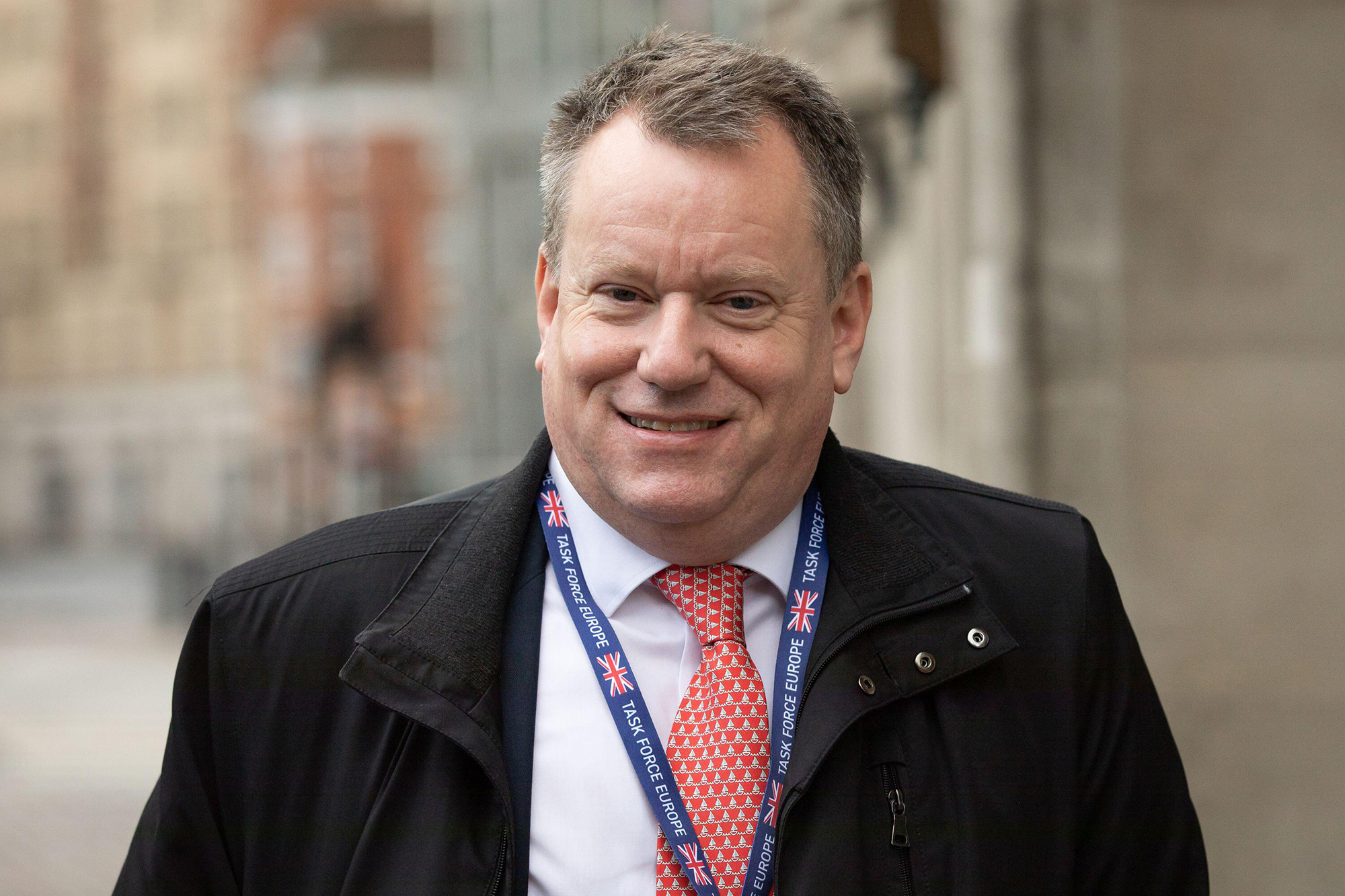UK Accuses EU Of “Excessively Purist Interpretation” Of Northern Ireland Protocol As Both Sides Ramp Up “Sausage War”
4 min read
The EU has been accused of having an “excessively purist interpretation” of the Northern Ireland Protocol, which is damaging the Good Friday Agreement, as tensions over the Brexit “sausage war” escalate.
Brussels has said patience with the UK government is "wearing very, very thin" after a meeting between senior figures in London broke up without accord on the export of chilled meats between Great Britain and Northern Ireland.
The issue is that goods which enter the EU’s single market are subject to stringent food safety checks, and despite Northern Ireland being part of the UK, the terms of the Protocol, which the UK agreed to in its Brexit deal with the EU, mean goods travelling across the Irish Sea will be subject to Single Market rules.
A grace period aimed at allowing businesses to prepare for the change is due to run out at the end of the month, sparking a war of words over how the rules will be applied.
Lord Frost, the Cabinet Office minister who oversees the UK's relationship with the EU, met with European Commission Vice President Maros Sefcovic this morning amid growing tensions over the way this part of the Brexit withdrawal agreement is being implemented.
But both sides struck a downbeat tone after the talks. Sefcovic told a press conference this afternoon that the EU is "at a crossroads in our relationship with the UK".
"Trust, which should be at the heart of every partnership, needs to be restored," he added.
“That is the EU approach and the EU preference. If the UK were to take further unilateral action over the coming weeks, the EU will not be shy in reacting swiftly, firmly, and resolutely to ensure that the UK abides by its international obligations.” Frost made similar threats when he spoke to broadcasters after the meeting, suggesting the UK would be willing to extend the grace period for exporters beyond 1 July without EU agreement, to avoid affecting UK businesses.
Frost made similar threats when he spoke to broadcasters after the meeting, suggesting the UK would be willing to extend the grace period for exporters beyond 1 July without EU agreement, to avoid affecting UK businesses.
"There weren't any breakthroughs. There aren't any breakdowns either and we're going to carry on talking," he said.
Frost did not rule out the prospect of invoking Article 16 – the last resort mechanism in the protocol that allows either side to take unilateral action. "There's a range of things we may consider and we continue to consider them," he added.
A senior UK source close to the negotiations claimed the way the EU is asking for the protocol to be implemented “is creating disruption to everyday lives in Northern Ireland”.
“We’re being asked to operate this on the basis of very, very purist interpretation of EU law, which doesn't reflect the sensitivities and the balance of the protocol and the Good Friday Agreement,” they added.  The source said they still hoped to find a “consensual way forward” and that chilled meat exports seem like “an unnecessary issue to have a major argument about”.
The source said they still hoped to find a “consensual way forward” and that chilled meat exports seem like “an unnecessary issue to have a major argument about”.
But they did not rule out unilateral action. “If we can't extend it then all the options remain on the table,” the source added.
Sefcovic suggested the UK government didn't completely grasp the consequences of the deal it signed with the EU, in which they agreed to the terms of the Northern Ireland Protocol.
"It might be our British partners couldn't fully estimate the consequences of the Brexit they have chosen, what it would mean to leave the Single Market and Customs Union, and how complex it would be for businesses,” he said.
Sefcovic also rejected UK calls to remove the checks, saying this is “the core of the protocol” and a “necessary condition to ensure the absence of controls between Northern Ireland and Ireland”.
"Unfortunately there are still numerous and fundamental gaps in the UK’s implementation of our agreement,” Sefcovic added.
 “These gaps need to be filled by a mutually agreed compliance path with concrete deadlines and milestones for the UK to fulfil its existent obligations. There is no other way around this.” But the UK source reiterated their accusation that the EU requires the protocol to be “operated in a way that's excessively purist and which actually risks undermining the overriding purpose of the protocol, which is for the Good Friday Agreement and the peace process”.
“These gaps need to be filled by a mutually agreed compliance path with concrete deadlines and milestones for the UK to fulfil its existent obligations. There is no other way around this.” But the UK source reiterated their accusation that the EU requires the protocol to be “operated in a way that's excessively purist and which actually risks undermining the overriding purpose of the protocol, which is for the Good Friday Agreement and the peace process”.
Sefcovic refused to set a deadline by which the two sides had to make a breakthrough in talks, however, saying he did not travel to London to issue ultimatums.
Responding to news the two sides are yet to reach an agreement, Aodhán Connolly, director of the Northern Ireland Retail Consortium, said was "disappointing" that talks had ended without progress.
“For the retail industry and for households across Northern Ireland, the clock is counting down to the end of the grace period for products of animal origin," he said.
“We need immediate solutions to keep goods flowing now and we need a breathing space so that the UK government and the EU can, in the longer term, find a workable solution that allows NI retailers to continue to give households the choice and affordability they need.”
